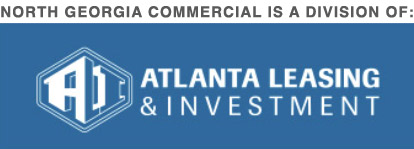
- The leasing process is generally complex. After labor cost, your investment in office space may be your most expensive line item and decisions you make will have an impact on your company’s profitability. The tenant representative is your guide through the process.
- Market knowledge is a key ingredient in which a qualified tenant representative can make a big difference. Having a grasp on asking rates versus deal rates and incentives available is important to make sure you get the best terms.
- A qualified tenant representative understands the numbers and is able translate data into implications for your business – advice on growth strategy within a particular building or market, for example. Tenant representatives are also able to perform financial analysis to help you select the most cost effective location.
- Expert negotiation skills are critical for a favorable outcome. Representation gives you a subtle leverage during negotiations, informing the landlord that you are professionally represented and undoubtedly advised of alternative sites and comparable lease rates. As an added benefit, a tenant representative may know the temperament of a particular landlord and/or landlords’s representative, and recognizes how far to push the negotiations with jeopardizing the transaction. This is a definite advantage when it comes to lease renewals, too.
- Familiarity with the documents is a must. Tenant representatives have a working knowledge of the documents necessary to conduct a transaction. These documents include request for proposals, letters of intent, lease agreements and work letters and vary from market to market. A tenant representative knows how to customize the documents to meet your needs.

